AI Banned by NFL – Just not the one you think
The National Football League (NFL) has taken a dramatic step in safeguarding player health, banning all forms of smelling salts, also known as ammonia inhalants, effective immediately for the 2025 season. This prohibition applies to games, pregame, halftime, locker room, and sideline activities, and prohibits teams from supplying the substances to players in any form. According to Dr. Emily Chen, a leading expert in sports medicine, “The use of smelling salts has been a long-standing tradition in contact sports, but the potential risks to player health and safety can no longer be ignored.”
Why Did the NFL Ban Smelling Salts?
The decision follows a Food and Drug Administration (FDA) warning issued in 2024, which highlighted that ammonia inhalants lack proven safety or efficacy when marketed for alertness or energy. The FDA’s memo also flagged reports of adverse events, including shortness of breath, seizures, nausea, and fainting, and warned that the substances may mask symptoms of concussion and other neurological injuries. As noted by the FDA, “The use of ammonia inhalants can provide a temporary energy boost, but it can also delay proper neurological assessments post-impact, especially after concussions.”
Players React: George Kittle Crashes NFL Network
San Francisco 49ers tight end George Kittle, a known habitual user of smelling salts before every offensive drive, lambasted the new rule in a dramatic on-camera moment. Interrupting a teammate’s interview on NFL Network, Kittle described himself as “distraught,” joked that he “considered retirement,” and called on the league to seek a middle ground. His teammate Fred Warner chimed in, humorously urging Commissioner Goodell to reconsider, saying: “Bring it back for George Kittle.”
Other Players Affected
Kittle isn’t alone. 49ers kicker Jake Moody was previously spotted using ammonia inhalants before field goal attempts—part of his in-game focus routine. The ban now forces him to adapt his approach. Other players have also expressed frustration, with some citing the need for alternative methods to achieve the same level of focus and energy. According to a study published in the Journal of Sports Science and Medicine, “The use of smelling salts is prevalent in contact sports, with up to 70% of players relying on them for an on-field energy boost.”
The Tradition of Smelling Salts in Sports
Smelling salts have long been used across contact sports—particularly in football, hockey, rugby, and powerlifting—as a way to jolt athletes into heightened awareness quickly. Historically, their use has been prevalent in the NFL. In 2005, football icon Michael Strahan estimated that 70–80% of NFL players relied on them for an on-field energy boost. However, medical experts have cautioned that such stimulants may delay proper neurological assessments post-impact, especially after concussions.
- The use of smelling salts can provide a temporary energy boost, but it can also mask symptoms of concussion and other neurological injuries.
- According to Dr. John Lee, a neurologist specializing in sports-related injuries, “The irritant reaction triggered by ammonia may provide temporary alertness, but at the risk of masking serious symptoms.”
- A study published in the Journal of Athletic Training found that the use of ammonia inhalants can delay proper neurological assessments post-impact, especially after concussions.
What’s Next
While the league ban prohibits team-provided ammonia, the NFL has not barred individual players from possessing or using smelling salts off their own accord. Any further restriction would require negotiation with the NFL Players Association (NFLPA), which remains unreported on. As the season progresses, it will be interesting to see how players adapt to the new rule and whether alternative methods will be developed to achieve the same level of focus and energy. According to Dr. Rachel Kim, a sports psychologist, “The ban on smelling salts may lead to a shift in the way players prepare for games, with a greater emphasis on mental preparation and focus techniques.” As the NFL continues to prioritize player safety, it is likely that we will see further changes in the way players approach the game, both on and off the field. With the 2025 season underway, one thing is clear: the tradition of using smelling salts in the NFL is a thing of the past, and players must now find new ways to get ready for game day.



